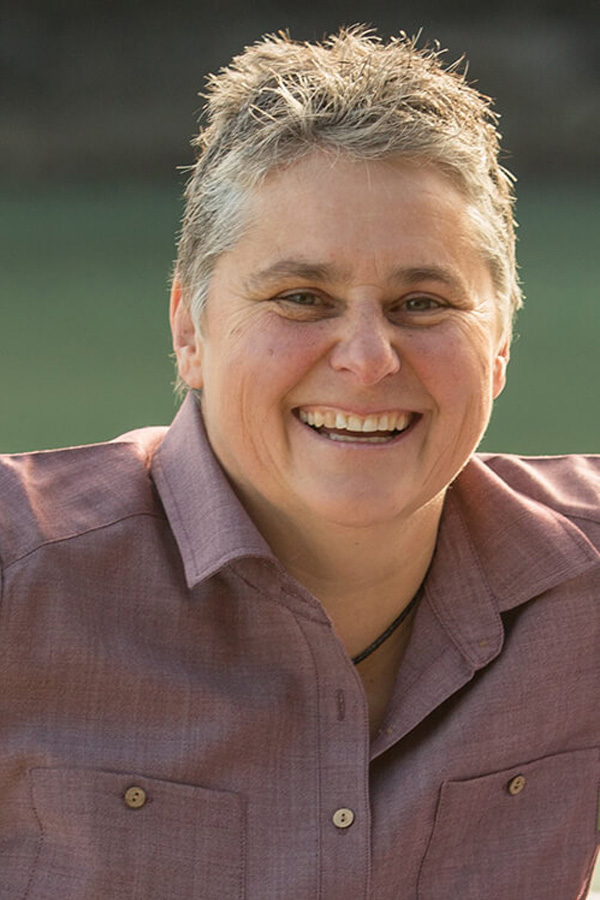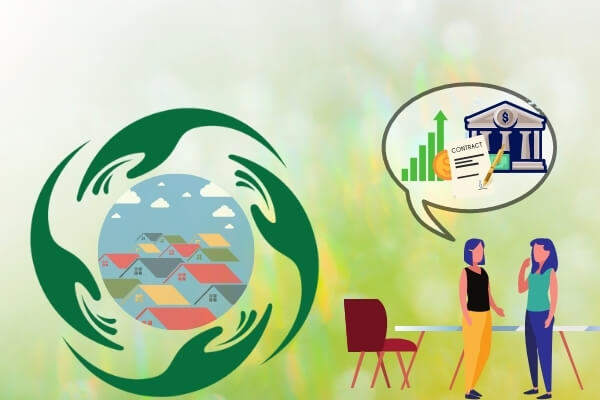Kia Ora!

In this newsletter:
Hot tip of the month – Summer is coming – Get checked out so you don’t check out!
Did you know – Who gets what when you die & why you should care
First-home buyer tips – Buying a home doesn’t mean your life is over!
Property – Investors are coming back to the market
Investments –Have you got the right savings?
Banks – The rates keep going up – when will it stop?
Reserve bank – Inflation is on the way down – just not fast enough
Hot tip of the month
Summer is coming – Get checked out so you don’t check out!
New Zealand has the highest incidence of melanoma (skin cancer) in the world, second only to Australia. According to Melanoma NZ, “If melanoma is recognised and treated early enough it is almost always curable”.
So, heading into summer, get checked for melanoma and potentially save your life.

Did you know?
Who gets what when you die & why you should care
According to Public Trust research, nearly 50% of NZ adults do NOT have a will. Your last will and testament, commonly known as your will, determines what happens to your body (buried or cremated), who helps distribute your assets (your executor), and where your assets get distributed. If you don’t have a will, then under Section 77 of the Administration Act 1969, the court will distribute your possessions.
Section 77 sets out who benefits if a person dies without a valid will, which is called dying intestate. As a starting point, if there’s no spouse or partner and no children, the deceased’s parents will get everything. If there’s no spouse/partner, children or parents, the deceased’s brothers and sisters receive everything in equal shares.
If the assets total over $15,000, then the estate must go through probate (prove the will) before the assets are distributed.
That is all good, but here is why you should care! When you die, your worry is over, but those left behind have a new set of problems to solve on top of dealing with the grief of your death. With a valid will, your wishes are known, and the admin is easier and managed much faster. Without a valid will, it can take six months to determine who can look after the estate’s affairs, on top of the 6-12 months for the administration of the estate. A family can’t even access the deceased’s assets to pay funeral costs. Don’t be a chump; support those you love by getting a will.
If you need a will, you can make one in less than 15 minutes* by answering some simple questions.
*This option is not suitable if you own a business or a trust or need to leave complicated instructions.

First-home buyer tips
Buying a home does not mean your life is over!
For many, the thought of buying a first home equals no money for anything else and no more adventures. We’re glad to say that THIS IS A MYTH!
Yes, as a homeowner you have the added responsibility of things like rates, maintenance and house insurance. If you want to make changes or improvements to the property, you will need to pay for it. But being intentional in how you distribute your money means you can spend the money where it is most needed and most wanted. That means budgeting.
A great way to manage your money (and therefore your lifestyle) with a mortgage is to start before buying your home. While renting, budget as if you already have a mortgage. Set aside funds for rates, insurance, and home improvements. These savings will help you grow your deposit and show lenders you can afford a mortgage. Track your spending and budget for both needs and wants. You’ll go into homeownership both ready for the responsibility and able to still enjoy life’s adventures.
Thoughts from Elise
What a month! October has whizzed past, and there has been a lot happening.
The nation has breathed half a sigh as the elections are over, but the final count is still to come in. The negotiations for the coalition government can only be completed once the final count is complete. The negotiations must be completed before the government can be formed, and the work to move us forward can start. So, for the next week or two, we wait to see the final shape of the government and their order of priorities.
Mandy has been with me for a month and is making a tremendous difference to the volume of work we are getting through and climbing the very steep learning curve.
In the coming month we plan to do a survey to get your thoughts on some things, so watch out for this.
I am currently in Wellington talking to some clients. If you wish to connect let me know, and I will see if I can see you too!
At the end of this month, I am going to Australia to celebrate my mum’s 81st birthday. I’ll be working and contactable while I am over there.
The Power of Compounding Interest
When planning for retirement, compounding interest is one of the most significant factors influencing your financial future. Understanding how compounding interest works and its impact on different investment strategies is crucial for informed financial planning.
Credit Card Crisis? A Credit Card Balance Transfer May Be Your Answer
Whether you’re deciding on the structure of your 1st mortgage or your 10th, it’s worth thinking things through. It could save you from a mortgage unfit for purpose, costly restructuring fees and even thousands in interest over the long term.
Property
Investors are coming back to the market
Real estate agents throughout New Zealand have commented that investor interest in properties rose immediately after the election.
First-home buyers have dominated recent property purchases, as you can see by the red line in the graph below. Soon, they will have strong competition with investors again entering the market.

Investments
Have you got the right savings?
When you have a mortgage, do you truly have savings? We would say you do, as the equity in the property is savings. Equity is not liquid savings, meaning you can only withdraw the equity quickly if you have a facility set up.
For the purposes of this section, savings means cash you have on hand or could access. Based on this interpretation, you may want to have savings for:
- Emergencies – unexpected bills, insurance excess or in case of illness
- ‘Fun stuff’ savings – holidays, car upgrades etc
- House deposit
- Retirement savings – this can include funds to supplement your income if you ease back from 5 days to 4 days before age 65 when you can’t access your KiwiSaver or superannuation.
Keep an eye out for an upcoming blog on how to best manage these different types of savings!
Banks
The rates keep going up – when will it stop?
Within the last week, most banks put up the short-term rates, and some also increased the longer-term rates. That is not a great sign!! With NZ’s current inflation problems and the cost of money from offshore increasing, the banks have been quick to pass on those costs.
About 12 months ago, the hope was that the rates would be coming down starting in Feb 2023, but with this sticky inflation it could be Dec 2024 or February 2025 before we get some relief.
Reserve Bank
Inflation is on the way down – just not fast enough
October saw the OCR stay at 5.5%, but as predicted, the Reserve Bank has indicated that another rise may still come. The next review and announcement is due on 29 November and is the last review for 2023. The first review in 2024 will be announced on 28 February. The RBNZ will be sure to take a hard line if they think that things are not moving in the right direction.
While the RBNZ is independent of the government policy machine, the mandate of the RBNZ is to get and hold inflation at close to 2, and in the range of 1-3%.
The new government should not be a factor. Still, we suspect that the promised reintroduction of interest tax deductions for non-new-build investment properties will restimulate the property market and start another wave of pressure for the RBNZ to handle.
Elise has a 70/30 bet that the RBNZ will increase the rate in the November review as they’ll be hoping to put a brake on before things take off. The banks also seem to be anticipating this as they continue to put their rates up across all terms.
The good news is that inflation is coming down, but 5.6% is still way too high, with some food items sitting on an 11.7% increase. Immigration has been helping to provide staff, while on the other hand, it has been putting pressure on other already strained infrastructure.
Business
What is your call to action?
Last month, we talked about sharing your business and ensuring that people know how you can help them with your business services and products.
Now that you are telling people what you do, are you asking for their business? In your communications, do you have “Calls to Action” (CTA)? When communicating with your clients, give them value and guidance, AND remember to ask for their business. Give them a clear opportunity to buy your product or request your services.
If you have shown them what you do, they need to know how to engage you to help them.
If you have a business you want to get moving efficiently and at pace, get in touch with Elise. She has three slots available for business coaching support; email elise@bob.kiwi.nz for details. Incidentally, this is a perfect example of a call to action!
Insurance
Self–insurance – does it really work?
Insurance is expensive – no doubt about it!! So, what about self-insurance? Self-insurance is when you put money into savings instead of paying insurance premiums and then access the money in place of an insurance payout.
It sounds good in theory, but when you do the maths, it quickly becomes clear that almost no one can afford to self-insure. If you had the cash to self-insure, you wouldn’t have a mortgage!
There is no way to self-insure your work income unless you have substantial passive investments to replace your income. If you earn, say, $70k pa and are expecting to work for the next 25 years, then to self-insure your income, you need around $1.75m of capital invested to cover your income for those 25 years (not accounting for inflation).
The ironic thing about insurance is that when you reach the peak of your wealth and can perhaps afford to be self-insured, you are by that time less likely to need high levels of insurance. At the end of your working career, you will ideally have a freehold home and therefore not need to insure your mortgage or cover accommodation costs. As for income cover, when you retire there will be no work income to insure, and you’ll (hopefully) have access to a healthy KiwiSaver nest egg for living costs.
What would you do if your income stopped today? If you don’t have the answer, Elise can help. Email elise@bob.kiwi.nz for a consultation.
We are always available for a chat about your situation.
Book a meeting or send us an email.
Until next time,
Elise and the Team



